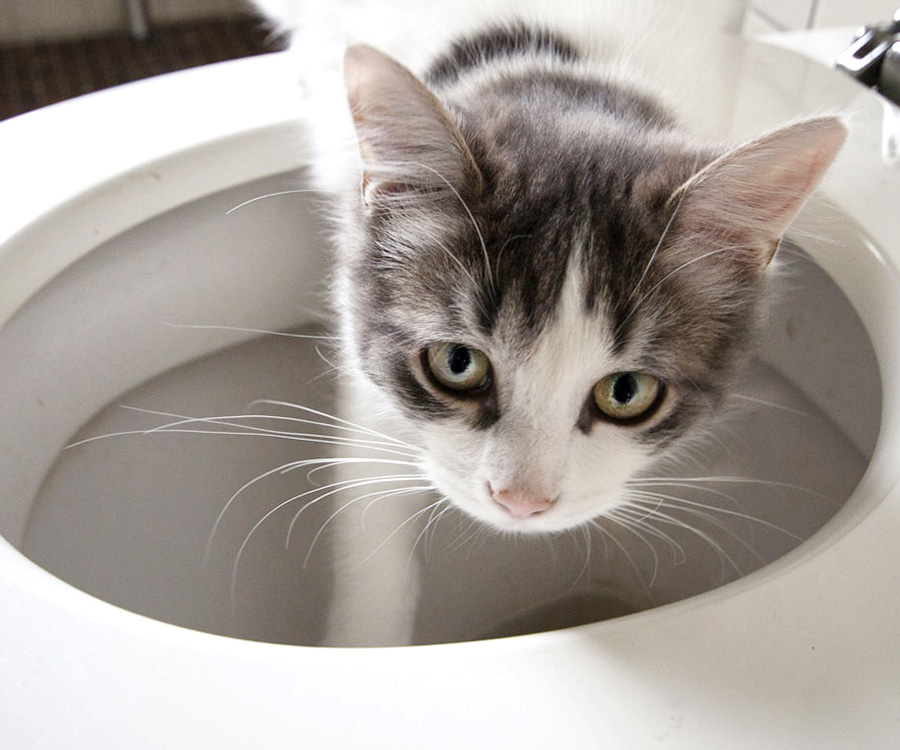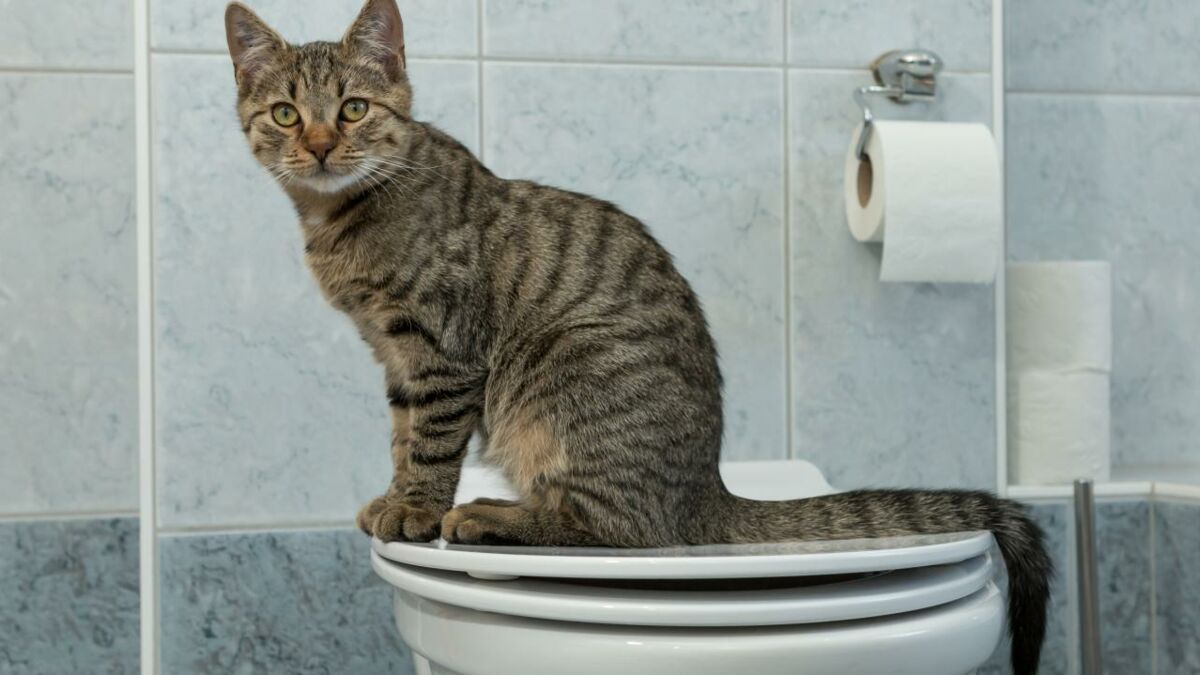Why Flushing Cat Poop Down Your Toilet Isn't a Good Idea - Advice for Proper Handling
Why Flushing Cat Poop Down Your Toilet Isn't a Good Idea - Advice for Proper Handling
Blog Article
The publisher is making a number of great annotation on Can You Flush Cat Poop Down The Toilet? in general in this article beneath.

Introduction
As feline owners, it's important to bear in mind just how we dispose of our feline friends' waste. While it may appear hassle-free to flush pet cat poop down the bathroom, this technique can have destructive repercussions for both the environment and human wellness.
Environmental Impact
Purging feline poop presents damaging microorganisms and parasites right into the water system, positioning a significant threat to aquatic ecosystems. These impurities can negatively influence marine life and concession water top quality.
Health Risks
Along with environmental worries, flushing feline waste can additionally position wellness risks to people. Pet cat feces may have Toxoplasma gondii, a parasite that can trigger toxoplasmosis-- a possibly severe disease, specifically for expectant women and individuals with damaged body immune systems.
Alternatives to Flushing
Fortunately, there are safer and much more liable ways to get rid of feline poop. Think about the adhering to choices:
1. Scoop and Dispose in Trash
One of the most usual approach of taking care of pet cat poop is to scoop it into a biodegradable bag and throw it in the trash. Make certain to make use of a specialized trash scoop and deal with the waste promptly.
2. Usage Biodegradable Litter
Go with naturally degradable cat trash made from materials such as corn or wheat. These clutters are environmentally friendly and can be safely disposed of in the garbage.
3. Bury in the Yard
If you have a backyard, think about hiding feline waste in a designated location far from veggie yards and water resources. Make certain to dig deep enough to prevent contamination of groundwater.
4. Mount a Pet Waste Disposal System
Invest in a pet dog waste disposal system specifically created for pet cat waste. These systems utilize enzymes to break down the waste, lowering odor and ecological impact.
Verdict
Responsible animal possession expands beyond offering food and sanctuary-- it additionally entails proper waste management. By refraining from flushing pet cat poop down the toilet and choosing alternate disposal techniques, we can reduce our ecological footprint and secure human health and wellness.
Why You Should Never Flush Cat Poop Down the Toilet
A rose by any other name might smell as sweet, but not all poop is created equal. Toilets, and our sewage systems, are designed for human excrement, not animal waste. It might seem like it couldn’t hurt to toss cat feces into the loo, but it’s not a good idea to flush cat poop in the toilet.
First and foremost, assuming your cat uses a litter box, any waste is going to have litter on it. And even the smallest amount of litter can wreak havoc on plumbing.
Over time, small amounts build up, filling up your septic system. Most litter sold today is clumping; it is made from a type of clay that hardens when it gets wet. Ever tried to scrape old clumps from the bottom of a litter box? You know just how cement-hard it can get!
Now imagine just a small clump of that stuck in your pipes. A simple de-clogger like Drano isn’t going to cut it. And that means it’s going to cost you big time to fix it.
Parasitic Contamination
Believe it or not, your healthy kitty may be harboring a nasty parasite. Only cats excrete Toxoplasma in their feces. Yet it rarely causes serious health issues in the cats that are infected. Most people will be fine too if infected. Only pregnant women and people with compromised immune systems are at risk. (If you’ve ever heard how women who are expecting are excused from litter cleaning duty, Toxoplasma is why.)
But other animals may have a problem if infected with the parasite. And human water treatment systems aren’t designed to handle it. As a result, the systems don’t remove the parasite before discharging wastewater into local waterways. Fish, shellfish, and other marine life — otters in particular — are susceptible to toxoplasma. If exposed, most will end up with brain damage and many will die.
Depending on the species of fish, they may end up on someone’s fish hook and, ultimately on someone’s dinner plate. If that someone has a chronic illness, they’re at risk.
Skip the Toilet Training
We know there are folks out there who like to toilet train their cats. And we give them props, it takes a lot of work. But thanks to the toxoplasma, it’s not a good idea.

As an enthusiastic person who reads on How to Dispose of Cat Poop and Litter Without Plastic Bags, I assumed sharing that piece of content was sensible. Remember to set aside a second to distribute this blog if you enjoyed reading it. Kudos for your time. Please stop by our site back soon.
Estimate Free Report this page